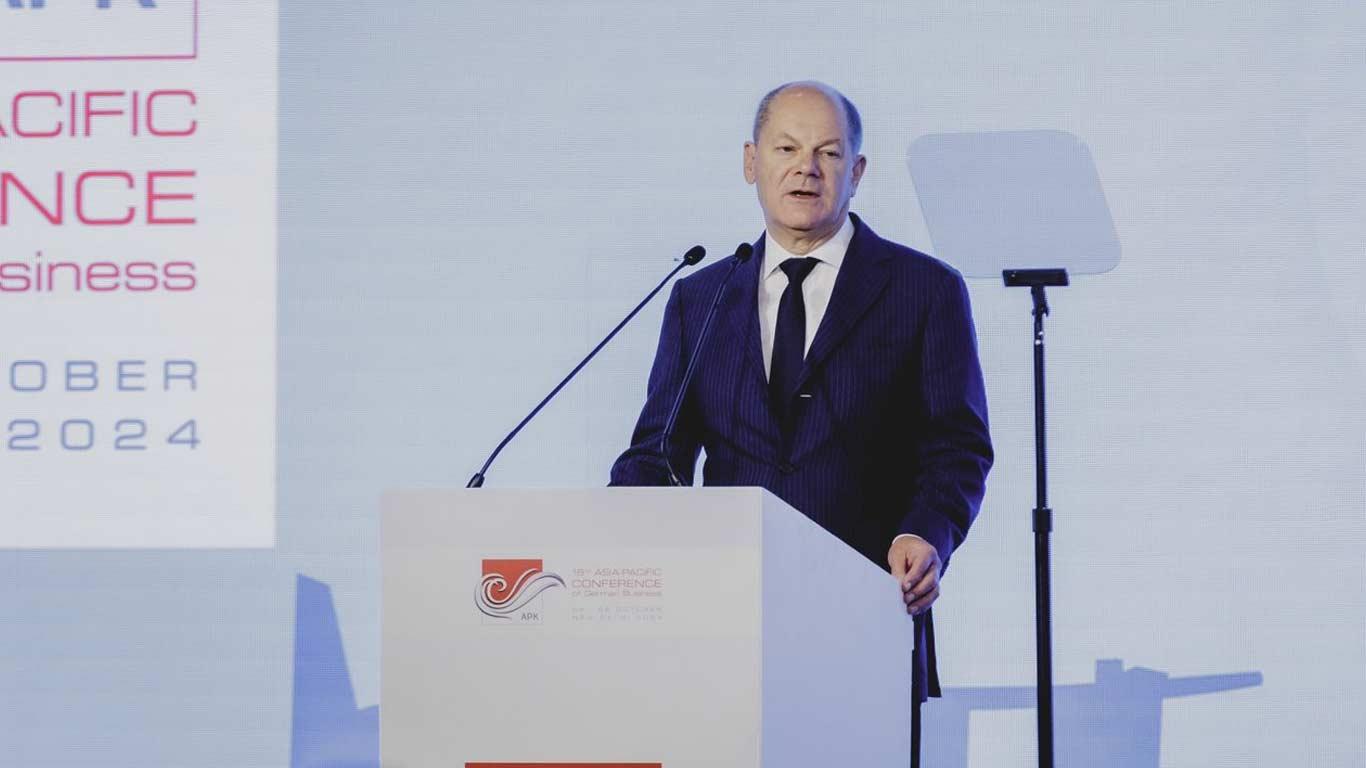
Germany And India Navigate Challenges In EU-India FTA Talks
Speaking at a press conference on Thursday evening, German Vice Chancellor and Federal Minister for Economic Affairs and Climate Protection Robert Habeck identified agriculture as the primary obstacle in FTA negotiations.
He highlighted the stark contrast between the two nations' agricultural sectors, noting that while only 2 per cent of Germany's workforce is employed in agriculture, India's agricultural sector employs approximately 60 per cent of its population, reaching up to 80 per cent in certain regions.
Habeck warned that a conventional approach to market liberalisation could severely destabilise India's agricultural economy.
"If we were to fully open markets, the destruction of India's agricultural markets would be enormous," he stated, emphasising the need for a more nuanced approach to protect India's rural economy.
The German Vice Chancellor suggested exploring alternative frameworks that deviate from the European Union's traditional FTA model of the past two decades.
While acknowledging previous optimistic rumours about concluding negotiations, including those from a decade ago, Habeck advocated for a pragmatic focus on industrial markets as an immediate priority.
In his concluding remarks, Habeck stressed the importance of incremental progress in the negotiations, stating, "It's better to take the steps, even if they are small, rather than standing still and not moving forward."
This approach reflects a growing recognition of the need to balance ambitious trade goals with the complex realities of India's economic structure.
(KNN Bureau)
Legal Disclaimer:
MENAFN provides the
information “as is” without warranty of any kind. We do not accept
any responsibility or liability for the accuracy, content, images,
videos, licenses, completeness, legality, or reliability of the information
contained in this article. If you have any complaints or copyright
issues related to this article, kindly contact the provider above.















Comments
No comment